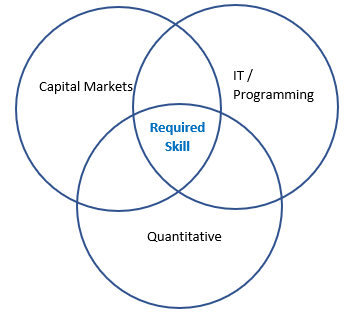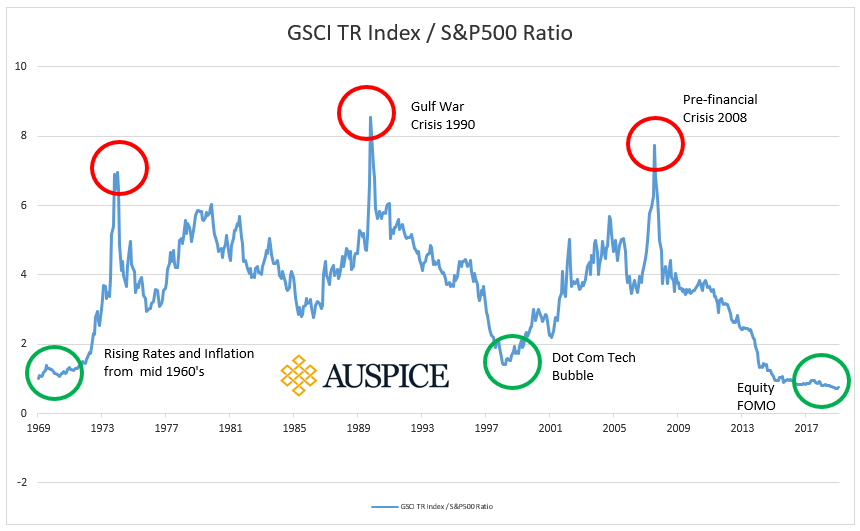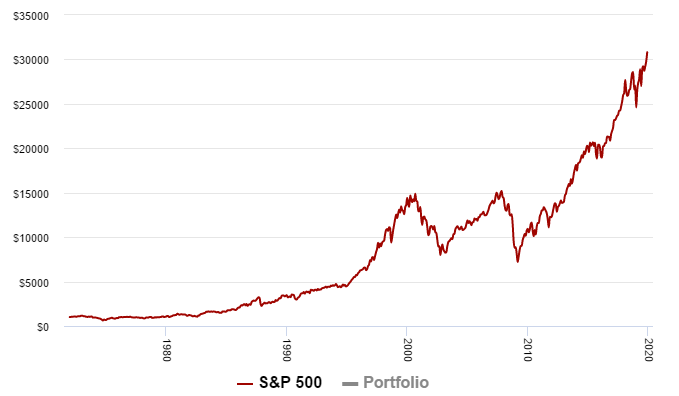What skills does an Investment Manager need? I get asked this question a lot from investors, academics, and aspiring financial professionals.
As I started my career, the focus was on gaining a broad fundamental capital market experience. When combined with some basic economics, this formed a solid foundation for market participation. The TD Securities Trading development program, which is where I started my career, rotated "associates" through money markets, bonds, and currency desks, and if you were fortunate, also commodities and equities. It was a great base to build upon. Thereafter, the goal was to specialize.
It became apparent to me that while fundamental knowledge was a great base, it was quantitative skill that was needed to really progress. Quantitative skill allows you to apply scientific method, to create and test investment trading and investment ideas. It enables one to remove the emotion from investing, thereby reducing cognitive biases that humans are prone to fall prey to. This combination of fundamental capital market understanding and quantitative skill, which is then wrapped in a layer of risk management, was a powerful combination.
But it isn't enough anymore.
The last necessary skill is the ability to efficiently code and automate these strategies. This goes far beyond the excel spreadsheet most have associated with quantitative skills in the past. Programming theories and strategies alongside the ability to interface with execution systems from brokers and exchanges, pulling data and reports from vendors, managing databases is now mandatory for any company that wants to compete in the space. The ability to communicate in multiple (programming) languages is far more valuable than multiple spoken language.
While each of these three skills are valuable on their own, it is the combination that provides the powerful skill-set required to compete and thrive in the modern markets. Capital markets experience may help you service a client base in basic way, but that has been replaced by quantitative skills. The fact is that rules-based, active management wrapped in discipline will generally outperform and can be employed at a far lower fee given less people and traditional infrastructure costs. Meanwhile the lonely programmer has discovered a purpose!
The investment manager of the future needs market understanding, the quantitative skill to develop investment strategies wrapped in rules-based discipline and have the IT capabilities to employ them efficiently.
We are happy to discuss how the intersection of these skills can help you with your investment portfolio. Give us a call.
Disclaimer below
IMPORTANT DISCLAIMERS AND NOTES
Futures trading is speculative and is not suitable for all customers. Past results are not necessarily indicative of future results. This document is for information purposes only and should not be construed as an offer, recommendation or solicitation to conclude a transaction and should not be treated as giving investment advice. Auspice Capital Advisors Ltd. makes no representation or warranty relating to any information herein, which is derived from independent sources. No securities regulatory authority has expressed an opinion about the securities offered herein and it is an offence to claim otherwise.
QUALIFIED INVESTORS
For U.S. investors, any reference to the Auspice Diversified Strategy or Program, “ADP”, is only available to Qualified Eligible Persons “QEP’s” as defined by CFTC Regulation 4.7.
For Canadian investors, any reference to the Auspice Diversified Strategy or Program, “ADP”, is only available to “Accredited Investors” as defined by CSA NI 45-106.





















